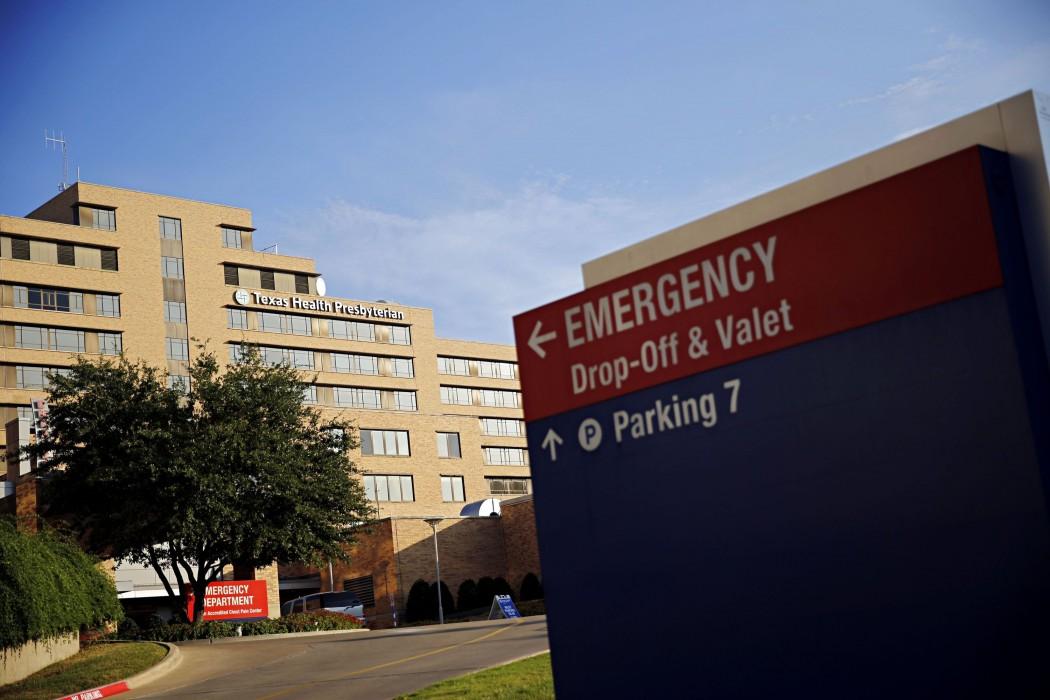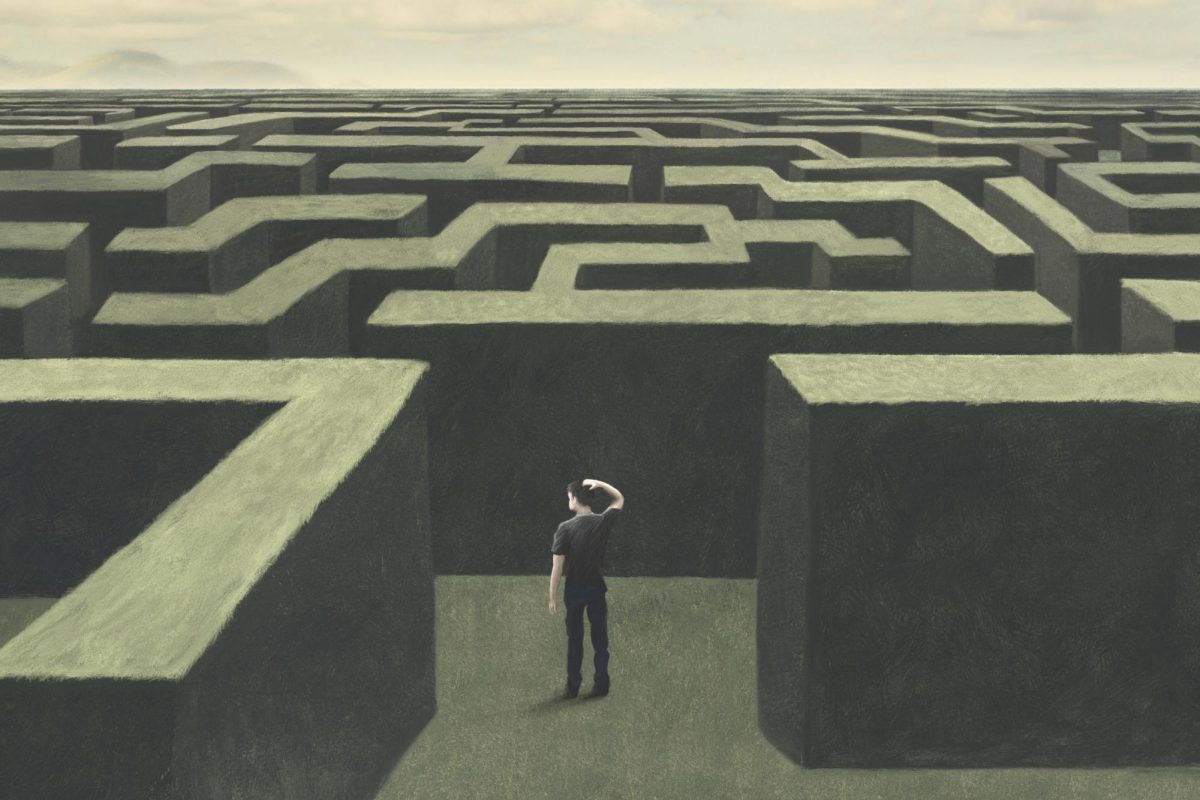We live in Southern California – home of minuscule and catastrophic earthquakes.
People have earthquake kits in their homes and in the trunks of their cars. We don’t ever expect it to happen, but we stock up on necessary supplies so we are prepared, just in case.
Every few years, an earthquake happens that scares the living daylights out of people. Then, all of a sudden, earthquake kits begin flying off store shelves.
Why? We as a collective community scramble to prepare in the face of potential disaster because we want to take care of ourselves in a worst case scenario.
Bear with me while I digress.
Every so often, something terrible and unexpected happens to someone we know or love. A car accident, a drunk driver, a simple slip and fall, or a skiing accident can change a life forever.
We do not plan on traumatic brain injuries, comas, medical events or death at a young age. Unfortunately, we can’t choose if these happen.
They can occur as unexpectedly as an earthquake.
In the same way an earthquake kit can be your just in case prevention tool for a natural disaster, an advanced directive can be your just in case tool for an unexpected, life-changing event.
I never thought of this until I started my internship at the Klotz Student Health Center.
My preceptor was working on trying to introduce the idea of advanced directives to college students. When I started my internship, I joined the project.
I realized the importance of having an advanced directive and the more I thought about it, the more the analogy of the earthquake kit made sense to me.
At my age I do not think about being seriously hurt or dying. But what if I was in a terrible accident and became incapable of speaking for myself? What if I were unconscious and a family member or my boyfriend was called to the hospital to make decisions about me? How would they cope with that responsibility while seeing me in such a condition? How would they know my wishes if I had never taken the time to prepare them?
Once I looked at it from that perspective, I began to understand the importance of being proactive about making these decisions for three reasons.
First, I would hate to have that burden placed on my loved ones. Second, my loved ones may not know what I would wish for myself in such a situation. Lastly, I want to make sure those wishes are met – especially in a situation where I cannot speak for myself.
Ultimately, I decided to prepare my own advance directive although I have no medical issues.
The Klotz Health Center is using an advance care planning guide called Five Wishes.
It’s legally binding, so if something happens my choices will be respected. I filled it out so I can have these conversations with the people who care about me and tell them how I want to be treated.
This may sound incredibly morbid. In our late teens, early twenties and anytime thereafter we don’t want to think about our own mortality. We feel like we have decades ahead of us to enjoy our lives. Just as we hope the Big One doesn’t hit in the next year, we prepare with earthquake kits.
If we never have to use the earthquake kits, then more power to us. It’s important for us to advocate for ourselves by completing an advance directive. If we never have to use it, then more power to us.
Let’s continue to be prepared for earthquakes and be just as prepared for life.
-CSUN student Meagan Robinson, 27, is a Master of Social Work intern at CSUN’s Klotz Student Health Center.






